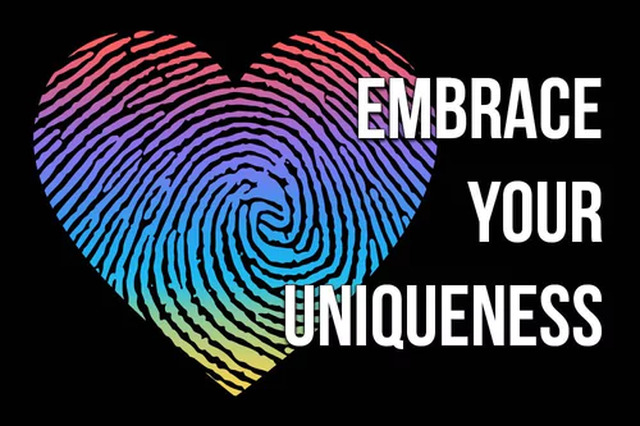By using our website, you agree to the use of cookies as described in our Cookie Policy

I recently finished reading several books by Harriet Lerner, a psychologist who is trained in family systems theory. Her approach to therapy involves among other things doing family of origin work with her clients. I have always been interested in Murray Bowen’s ideas and theory and after reading several of Lerner’s books, I am even more fascinated and intrigued with the philosophy behind the theory. I was particularly struck with Lerner’s practical approach to her work with clients. I deeply appreciate her writing coming from a woman’s perspective while often touching on subjects of feminism, gender and culture.
There is a thread that runs through all of her books that touches on the importance of self-focus and having an authentic voice in relationships and with oneself. What does it mean to self-focus? Self-focus is about being present, centered, and aware of ones own self. To be self-focused in relationships is to speak from ones own voice about oneself. It is not about speaking for others or about others. To gossip, blame, judge, criticize or give advice to others is a natural human tendency when we become anxious and the emotional intensity rises. It is also what runs many couples and families in a tailspin; a vicious cycle where ones own responsibility gets lost, and the other person’s fault is multiplied. We become reactive towards others and fail to see our own actions and behavior.
When couples experience conflict, there is often a pursuer and distancer in the relationship dynamic. The pursuer seeks togetherness; to “talk it out” while the distancer desires physical space or emotional distance. The more one pursues, the more one distances in the relationship dance and vice versa. Couples can change the roles of pursuer and distancer, while some remain in the same role pattern. One of the most crucial challenges is for a pursuer to change the focus away from the distancer toward his or her own life. This may allow the distancer to recognize his or her own need for connection and closeness. To self-focus is the most effective way to work on a relationship and to break a pursuer-distancer dynamic. It is also the beginning of developing an authentic voice in a relationship.
Self-focus and speaking in “I” language is how we create and nourish an authentic voice. To have an authentic voice means to be fully present and in touch with our best selves. We can speak to what’s important to us. We can openly share competence, problems and vulnerability. We can say what we think and feel. We can recognize and accept differences. We can define our values, principles, hopes, dreams, and goals. We know and can express our beliefs and priorities. We can listen to our partner and ask questions to better understand their world view. We can state what we need and desire from our partner, while equally voicing what we will not tolerate in our partner’s behavior. We have a bottom line in our relationship that is non-negotiable. We have the dignity and respect for our selves to make changes if we are not treated right. We can do all of this while equally allowing our partner to do the same.
It is certainly not an easy task to consistently self-focus and have an authentic voice in relationships, but it is well worth striving for and practicing if we wish to nurture a respectful connection with our partner, others and with ourselves. As a woman in today’s world I find it ever so important to live a purposeful life that allows me to pursue my goals, voice my beliefs and take responsibility for my actions. It is then when I am most content and foster a mutual respect for myself and for others.
(Lerner, 2001, 2012)
Reading suggestions:
The Dance of Anger
The Dance of Intimacy
The Dance of Connection
Marriage Rules
‹ Back














